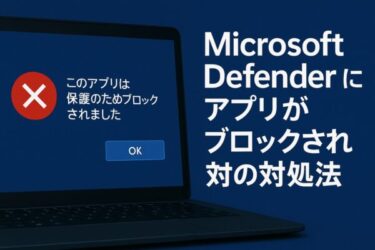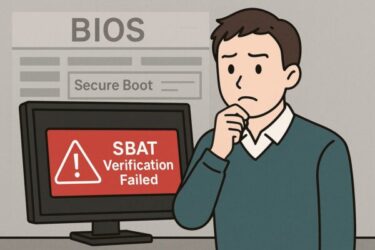![USB Not Recognized on Windows? Try These Fixes [2025 Update] 1 Illustration showing a Windows laptop with USB connection error, a USB flash drive, and four troubleshooting icons, under the title "Fix USB Not Recognized". Flat design on light blue background.](https://kimiyoya.com/wp-content/uploads/2025/03/E9E9BF7A-B9F6-404F-8FE2-AD9D42422FDD.jpg)
Is your USB device suddenly not responding when you plug it into your Windows PC? Don’t worry—this problem is extremely common, especially after Windows updates or when using older USB devices and hubs.
In this updated 2025 guide, we’ll walk through simple, practical steps to fix USB recognition issues on both Windows 10 and Windows 11.
Common Symptoms When USB Is Not Recognized
- No sound or popup when connecting the USB device
- Error: “The last USB device you connected malfunctioned…”
- Device shows as “Unknown device” in Device Manager
- Some ports work while others do not
Basic Checks Before You Start
- Try another USB port (front/back, USB-A/USB-C if available)
- Test the device on a different PC
- If using a USB hub, connect directly to the PC
Step 1: Fully Restart Your PC (Not Just a Normal Reboot)
A normal restart sometimes does not reset the USB controller. This deeper reset works better:
- Hold Shift and click “Restart”
- Select Troubleshoot → Turn off your PC
- Wait 30 seconds, then power it back on
Step 2: Disable USB Power Saving
- Right-click Start → Device Manager
- Expand Universal Serial Bus controllers
- Open USB Root Hub → Properties
- Uncheck “Allow the computer to turn off this device to save power”
Step 3: Update or Reinstall USB Drivers
- Open Device Manager
- Right-click “Unknown device” or “USB Mass Storage Device”
- Select Uninstall device
- Restart your PC (Windows will auto-reinstall the driver)
Step 4: Check USB Settings in BIOS/UEFI
If your motherboard disables USB ports for security or power saving, check these:
- USB Controller
- Legacy USB Support
- XHCI Hand-off
Make sure these are enabled before exiting BIOS.
Step 5: Run the Built-in Troubleshooter
- Open Settings → System → Troubleshoot → Other troubleshooters
- Run “USB” or “Hardware and Devices”
Step 6: Check for Interference from Other USB Devices
- Disconnect other USB devices and test one by one
- Remove wireless mouse adapters or dongles temporarily
- Use a powered hub if connecting many devices
Advanced Fixes (If Nothing Works)
- Disable USB Selective Suspend: Control Panel → Power Options → Change plan settings → Advanced → USB settings → disable
- Registry fix: Remove UpperFilters/LowerFilters (advanced users only — backup recommended)
⚠ USB Issues After Windows 11 24H2 Update
Some older USB devices stopped working correctly after the 24H2 update due to tighter power and driver policies.
- Check for firmware/driver updates from your USB device vendor
- If the issue started immediately after updating, try rolling back the specific update
Summary Table: Causes and Solutions
| Cause | Solution |
|---|---|
| Physical port or cable issue | Try another port or PC |
| USB powered off by Windows | Disable power saving |
| Driver corruption | Uninstall/reinstall driver |
| USB disabled in BIOS | Enable USB settings |
| Windows update conflict | Uninstall update or restore |
| Other devices interfering | Disconnect and test |
We hope this guide helps you fix your USB issue quickly! If you found it useful, please consider sharing it with others.
✔️You might also find these helpful:
▶︎What to Do When Windows Gets Stuck at “Installing Application”
▶︎Germany’s Shift from Windows: What It Means for the World
▶︎How I Fixed 100% Disk Usage on My Windows 11 Laptop (Fujitsu LIFEBOOK)
💡 Looking for more tips? Check out our full list of Windows Help Guides.


